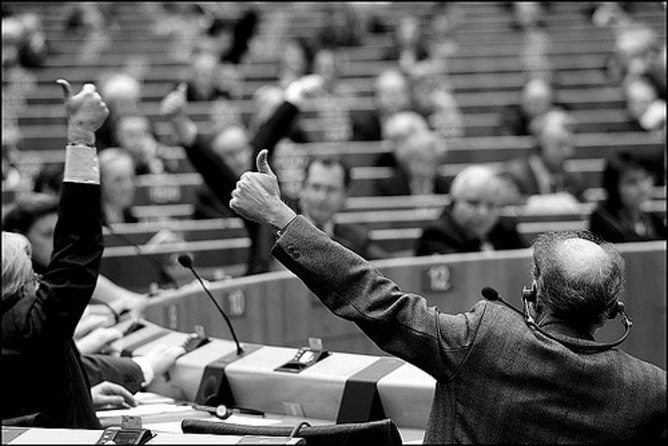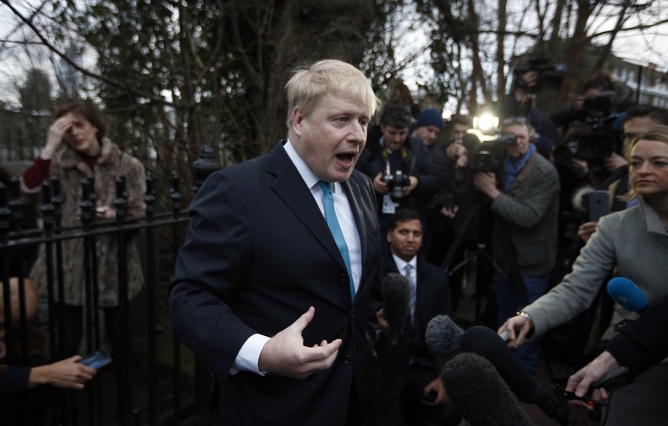UN Security Council to Japan: Not Yet
January 2016 marked the beginning of Japan’s most recent two-year term as an elected, non-permanent member of the United Nations Security Council (UNSC). This is Japan’s 11th term, the most of any nation in the world. Japan’s dream is to become a permanent member of the UNSC. However, can this dream really come true?






